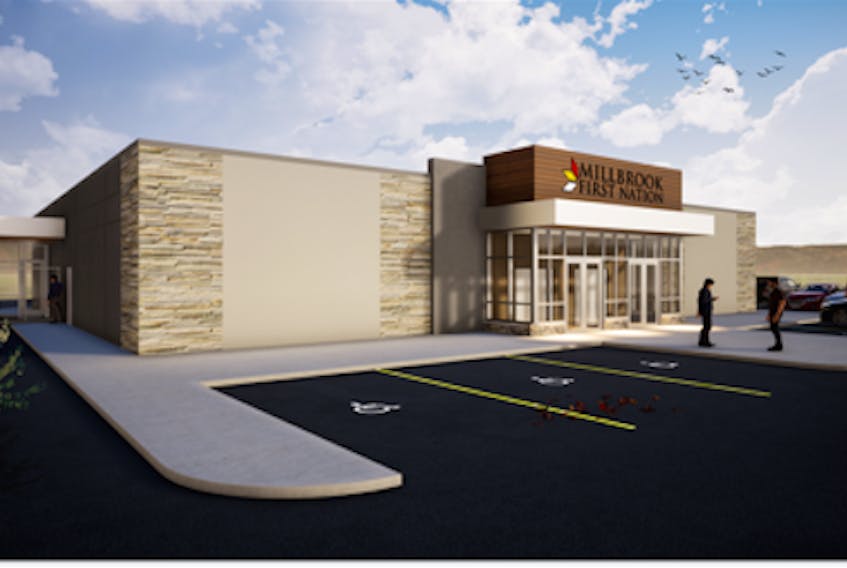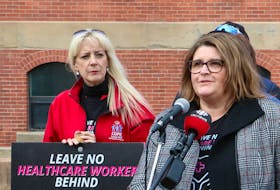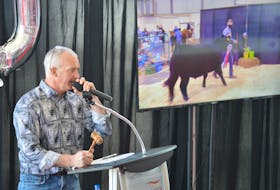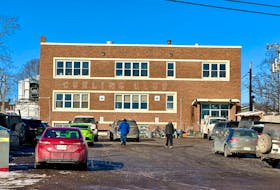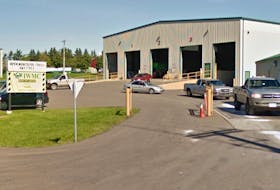JOHN G. PAUL
Simply put, Indigenous businesses and communities in Atlantic Canada contribute massively to the prosperity of the region. We have the fastest-growing youth population and, prior to COVID-19, the Atlantic Indigenous economy was valued at over $1.1 billion.
However, the Atlantic Policy Congress of First Nations Chiefs Secretariat (APC) recently partnered with the Atlantic Provinces Economic Council (APEC) to determine just how devastating COVID-19 will be to our businesses and communities. Like everyone, we are taking a massive hit. But for our communities, rebuilding is even more challenging.
The report, entitled The Economic Cost of COVID-19: Supporting the Recovery of Indigenous Firms and Communities, raises the following concerns:
- Prior to COVID-19, First Nations had a lower standard of living, less access to clean drinking water, overcrowded housing conditions, food security issues and higher prevalence of pre-existing health conditions than non-Indigenous communities. These factors place Indigenous communities at greater risk of contracting COVID-19 and complications from the disease.
-
This pandemic has resulted in lower revenues for Atlantic Aboriginal communities from their own sources, with especially large declines from fishing (a loss of approximately $100 million), hospitality, gaming and tourism. There are also modest declines in retail activity, due to lower fuel prices and less foot traffic. Community checkpoints help protect band members from COVID-19, but when combined with border restrictions, these measures reduce non-Indigenous consumer demand. On average, APEC projects that community revenues from their own sources will decline by roughly 40 per cent in 2020-21.
-
Indigenous community governments have less access to borrowing to finance deficits during the coronavirus, due to their inability to use reserve land as collateral. This limits borrowing to fund community projects, which would offset the pandemic’s negative economic effects.
-
It is difficult to fully assess take-up of COVID-19 support programs by Indigenous communities and businesses. Some Indigenous individuals and businesses are tax exempt and may not file a tax return, which limits their ability to claim some benefits or tax credits.
I believe we as Indigenous people can do more than just add to the growing list of challenges our governments will face as they navigate the COVID-19 pandemic. We can offer solutions, too. Here are just a few of our recommendations:
- We recommend that the federal government double the Indigenous Community Support Fund again. The additional funding recommended would only cover about 35 per cent of Atlantic First Nations’ anticipated fiscal shortfall this year.
- Since not all communities are members of the First Nations Finance Authority, one option the federal government should consider is to create a separate lending program for First Nations to recognize the unique financial stress brought on by the coronavirus.
- Federal government funding for the public health response is insufficient to address the cost of community checkpoints, security, personal protective equipment, public health-care workers and modifications to community-owned facilities and businesses. Until there is a viable vaccine or health therapeutics that limit the impact of COVID-19, there will be a continued need for adequate public health funding.
- Some community-owned businesses and self-employed First Nations entrepreneurs located on reserve are ineligible for the Canada Emergency Wage Subsidy because of their ownership structure or tax-exempt status. The federal government should broaden the eligibility rules to include all community-owned businesses and self-employed First Nations entrepreneurs on reserve, regardless of their ownership structure or tax-exempt status.
- If the coronavirus extends into 2021, the federal government should provide another round of funding for Indigenous communities and businesses. As well, creating a five per cent set-aside for Indigenous businesses for government procurement, and support to help Indigenous firms pivot to produce personal protective equipment, would be of value.
APC, in partnership with chiefs from across the region, is committed to advocating on behalf of Atlantic Indigenous businesses and firms as we navigate through COVID-19 together. Our communities are key to the region’s recovery. At our All Chiefs Forum on Sept. 29, our chiefs met with Indigenous Services Minister Marc Miller and shared with him key concerns and priorities in our communities, including the need to work together to ensure a fair resolution to our peoples’ right to earn a moderate income.
We expect that Mr. Miller will examine each one of our recommendations and discuss them at the cabinet table. We are ready to work together with him and his government to ensure economic stability in Indigenous communities, and for the region.
John G. Paul is executive director of the Atlantic Policy Congress of First Nations Chiefs Secretariat.

